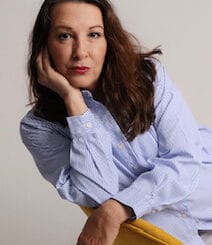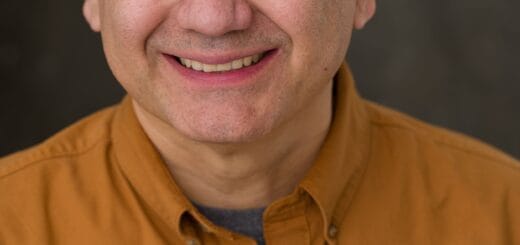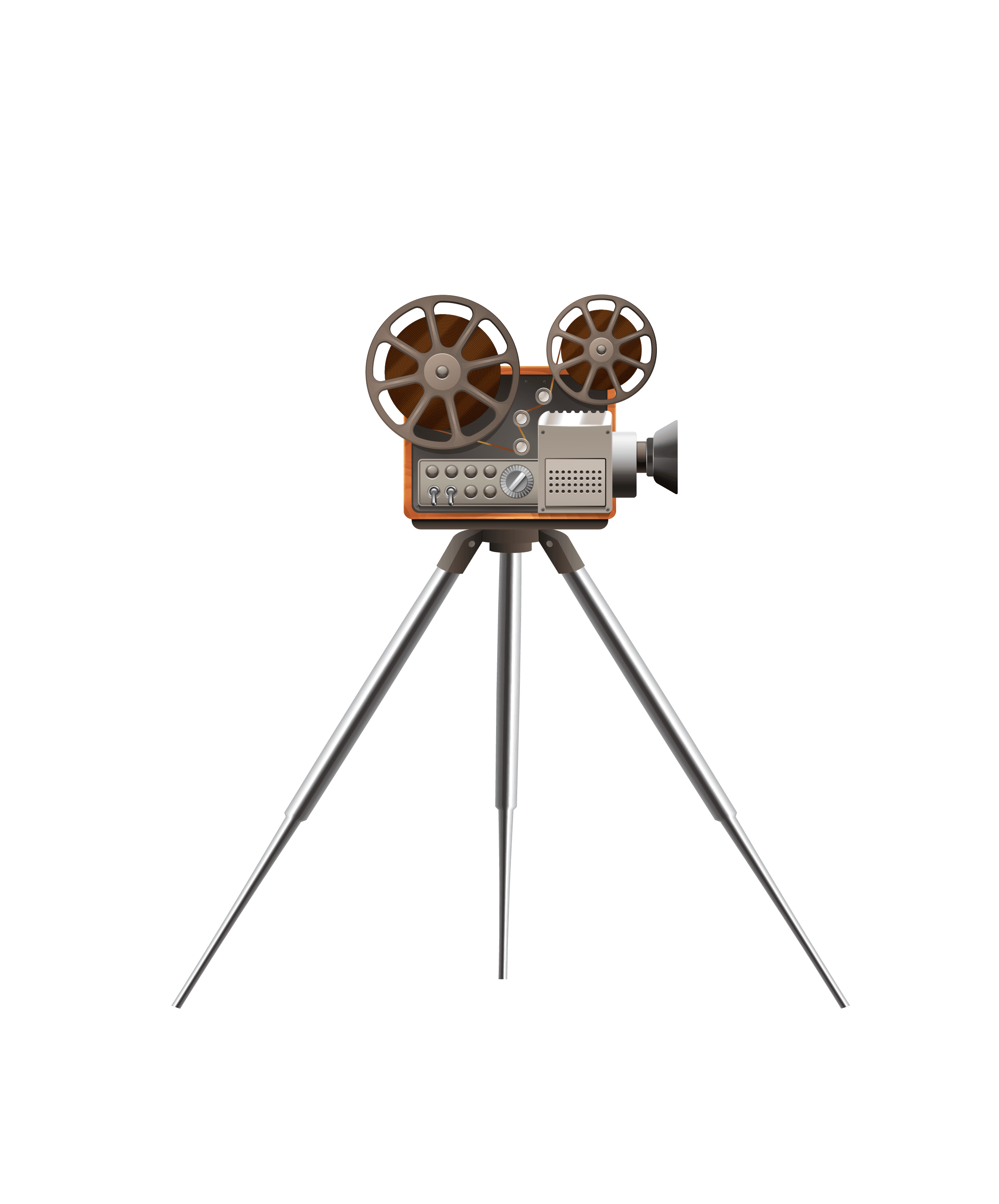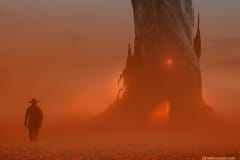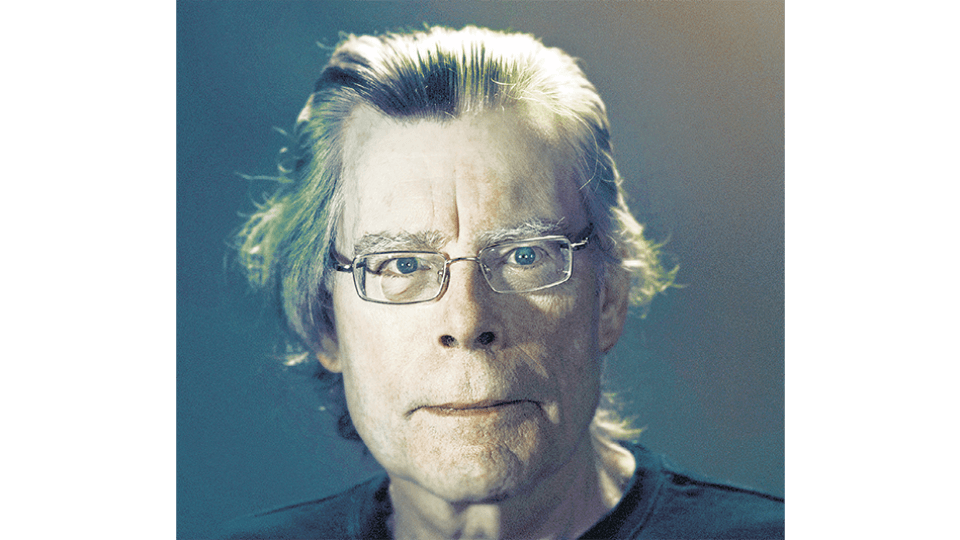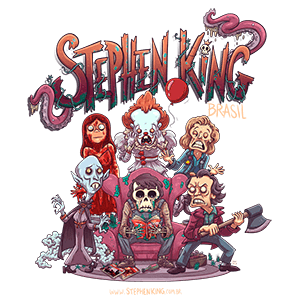Anne Livermore

She is the composer of James Cole & Dan Thron‘s The Last Rung On The Ladder Dollar Baby Film.
SKSM: Could you start with telling me a bit about yourself? Who are you and what do you do?
Anne Livermore: I am an IT professional in the Boston, Massachusetts area. I have a Bachelor of Music degree from the University of Massachusetts at Amherst and a M.F.A. in Musicology from Brandeis University.
SKSM: How did you become involved with The Last Rung on the Ladder?
Anne Livermore: Jim Cole lived down the hall from me in the dormitory at UMass and asked me to write the music for The Last Rung on the Ladder.
SKSM: How did you get started as a composer and what do you do on a production?
Anne Livermore: I had been composing music since childhood and studied theory and composition throughout high school and college. I had never written music for a movie before, but I had some interest in operatic Broadway musicals such as Les Miserables, which are composed with music throughout and in some ways similar to movie scores.
SKSM: How did you get started to wrote about ten minutes of original music for the Last Rung on the Ladder?
Anne Livermore: Jim showed me the almost-finished film as inspiration. Since music strongly evokes emotion, we talked a lot about how he wanted the audience to feel about certain parts of the movie. I formed a rough idea about what kind of music I thought should go where and made notes as to the timing of events in the film. Then I went back to the practice rooms in the Fine Arts Center, sat down at a piano, and began to write. We were in a hurry, so there wasn’t a lot of back and forth between me and Jim about particular pieces of music. For the most part, Jim liked the music I wrote for the movie and he gave me a very free rein to make it the way I thought best. I wrote the music for the movie in about two weeks.
SKSM: Did you have contact with the actors/directors at that time, if so how was that? And what do you think of them?
Anne Livermore: Because I joined the movie after the filming was complete and the editing nearly so, I never met the actors, and my only contact with the others involved with the film was Jim. Jim of course is the director as well as the producer of the film, and it was an absolute joy to work for and collaborate with him. He is very intense and serious about film, but he is also very generous and funny.
SKSM: Was there any funny or special moments that you would like to tell me about?
Anne Livermore: Yes, the actual recording of the music for the film stands out in my mind. A number of moments in the music were timed to specific moments in the film, so Jim and I really needed a place to record the music that had a good piano and some means for Jim to show the film so that I could see it while I played the piano score. The only place we knew of that met both requirements was the recital hall in the Fine Arts building at UMass, which had a performance-quality grand piano and a soundproof projection booth up at the back of the auditorium. As you might expect, the recital hall was very much in demand throughout the day for rehearsals, but through my Music Department connections I managed to reserve the hall one afternoon for about one hour and a half. Jim brought the film itself and music recording media, I brought the score, and we both brought our nerves of steel, and believe me, we needed them. And hour and a half sounds like a long time to record ten minutes of music, but it’s not. There’s always setup time, multiple takes of the music, and backtracking to correct mistakes. I hadn’t thought about this when I was writing the music, but since the music runs through much
of the film with only occasional breaks, the takes themselves were quite long. The longer the take, the harder it is to ensure a good performance. Jim was running the film up in the booth, but we couldn’t hear each other and so we were pantomiming at each other across the length of the auditorium and through the glass. In the end we got it done, and afterward we congratulated ourselves for a good product produced under less than ideal conditions. In retrospect we still laught about it.
SKSM: After the Last Rung on the Ladder did you write more music? If so what?
Anne Livermore: After The Last Rung on the Ladder I continued my undergraduate music studies, graduated, and went on to graduate school. It occurred to me somewhere along the line that as much as I love music, I am not willing to make the sacrifices required to pursue music as a professional career. I still compose occasionally, and I am very happy with the course I have chosen, learning a technical trade that interests me, marrying and starting a family.
SKSM: What do you think that after so many years there finaly a website is of Last Rung?
Anne Livermore: I’m thrilled. Helping Jim with The Last Rung on the Ladder was a high point of my college experience, and it’s such a pleasure to know that after all this time people are still interested in this little film.
SKSM: Thanks for taking the time to answer my questions. Is there anything else you want to say to the fans that read this interview?
Anne Livermore: Bernd, thank you for caring about it and making this happen.
Anne Livermore

